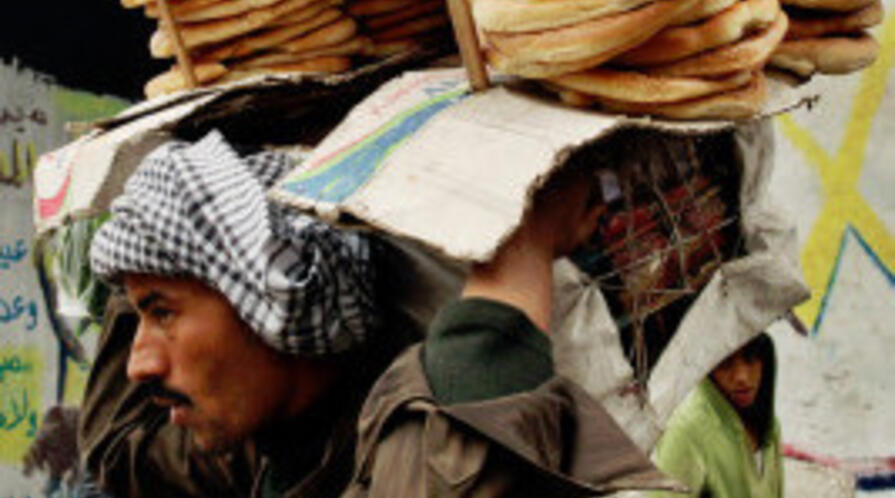Stanford conference explores new development approaches post Arab Spring
Stanford conference explores new development approaches post Arab Spring

As the Arab world undergoes an unprecedented period of political transition, many are looking towards a new development model to spur economic growth and social advancement. The Program on Arab Reform and Democracy (ARD) at Stanford's Center on Democracy, Development, and the Rule of Law examined this question during its third annual conference on April 26-27, 2012 at Stanford University. The conference featured leading academics, practitioners, and activists, who looked beyond economics to present a more integrated framework for development.
According to ARD Program Manager Lina Khatib, "A goal of the conference is to present an integrated approach to development in the Arab world, particularly in places witnessing democratic transition, which links social, political, and economic factors."
The conference included a diverse array of speakers hailing from the political and social sectors, representing youth leaders, religious minorities, women's rights advocates, and civil society representatives, who joined economists to discuss new regional frameworks for development.
Conference speakers included: Mona Makram Ebeid, who has a long and distinguished career as a parliamentarian in Egypt, commenting on the challenges facing minority rights in democratic transition; Hedi Larbi, director of the Middle East department at the World Bank, who will address the issue of oil dependency and how it constrains economic development in the Gulf region; Libyan NGO leader Rihab Elhaj who co-founded The New Libya Foundation and who will speak about the important role civil society plays in the development equation; and Valentine Moghadam, professor of sociology at Northeastern University and a leading expert on gender issues, who will examine political development through a gender lens.
To view the complete program and download the presentation documents and conference report, please click here.
